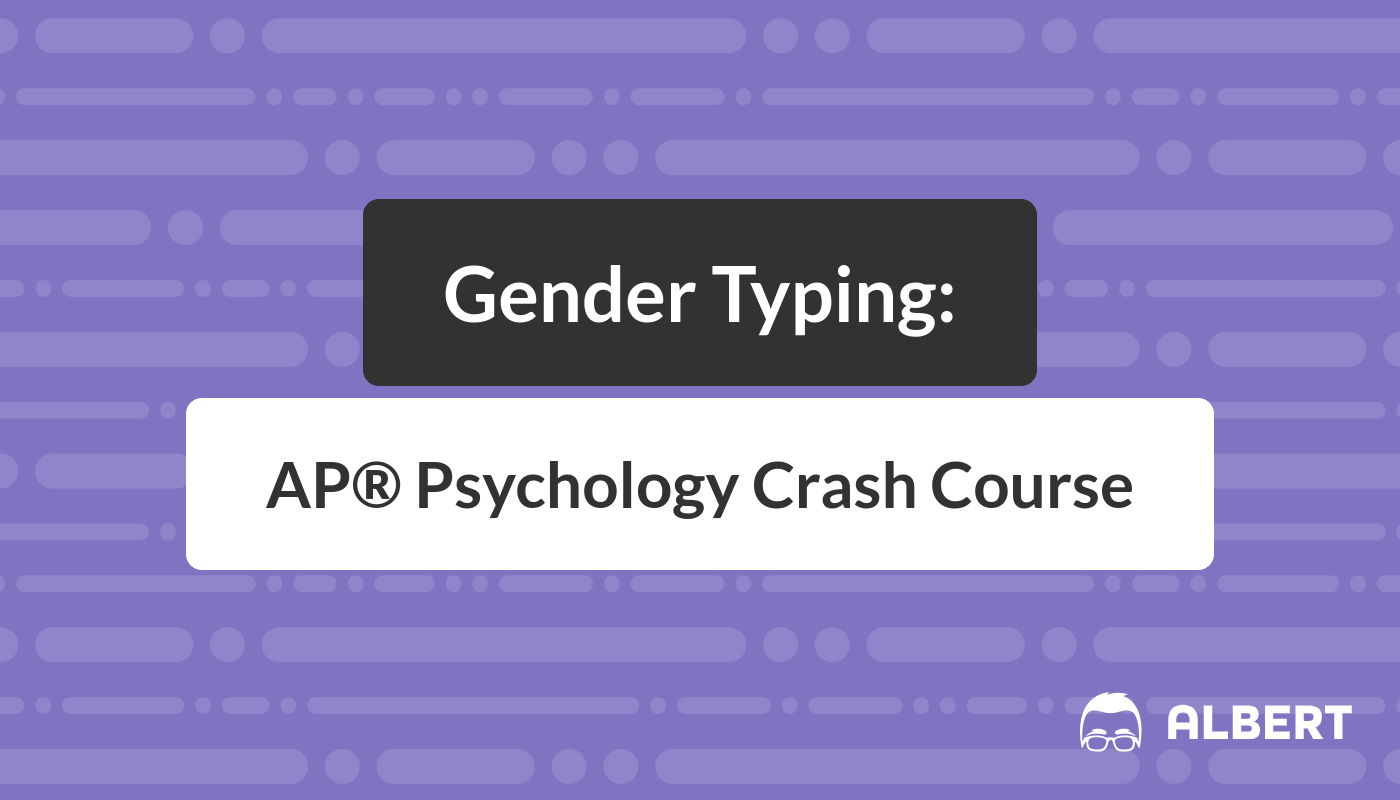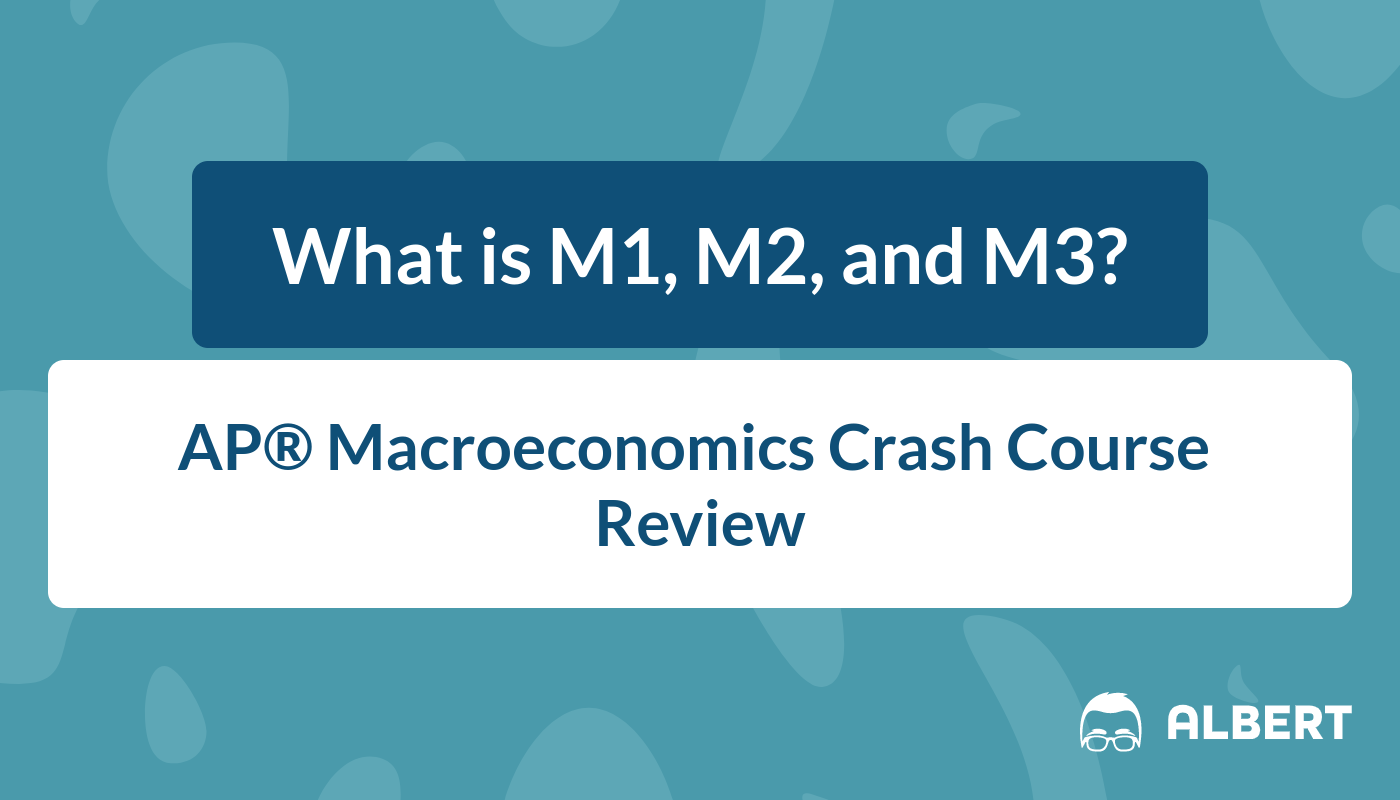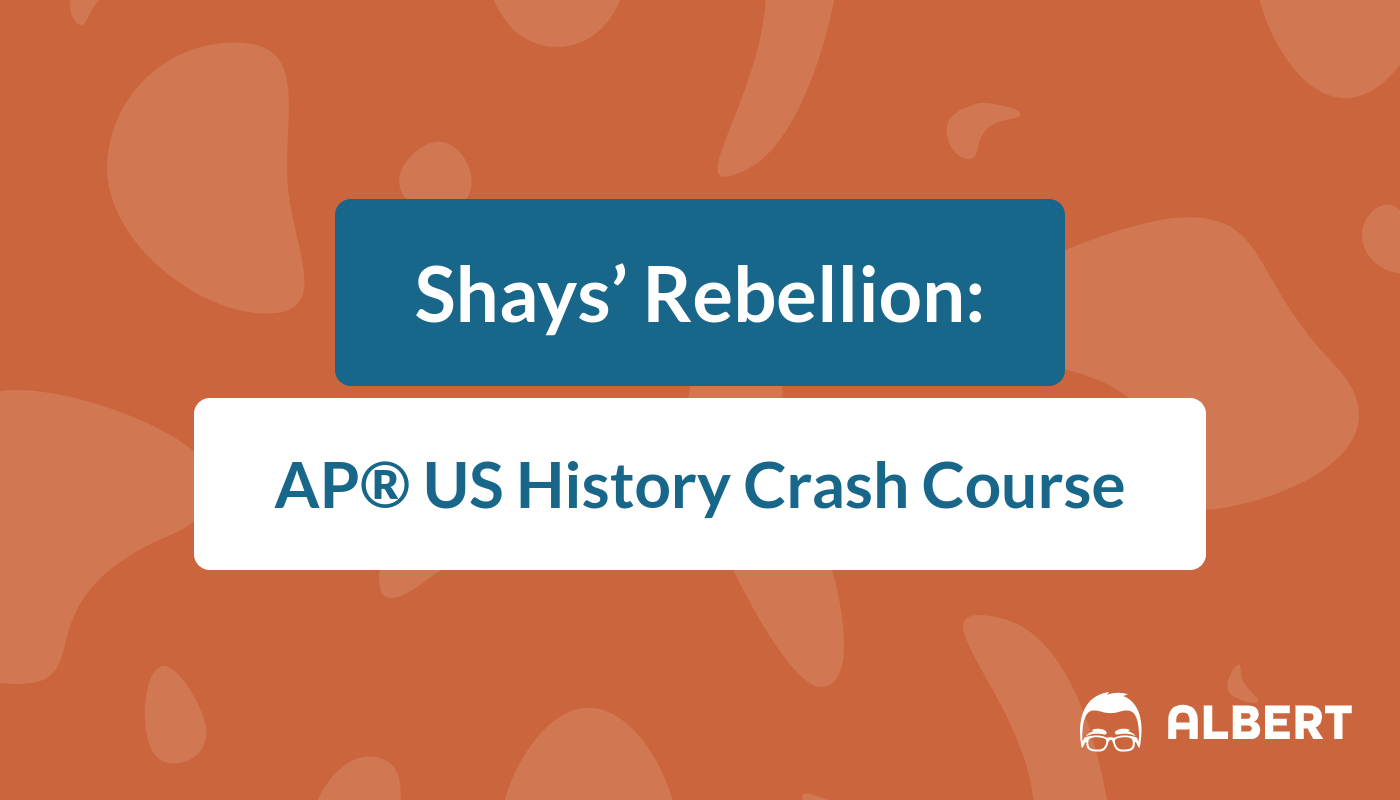Endosymbiosis: AP® Biology Crash Course
In this article, Endosymbiosis: AP® Biology Crash Course, we will start by reviewing the theory itself. We will then present the evidence that scientists have collected in support of the theory. Finally, we will go over a free response question that was seen on the 2011 AP® Bio exam.










